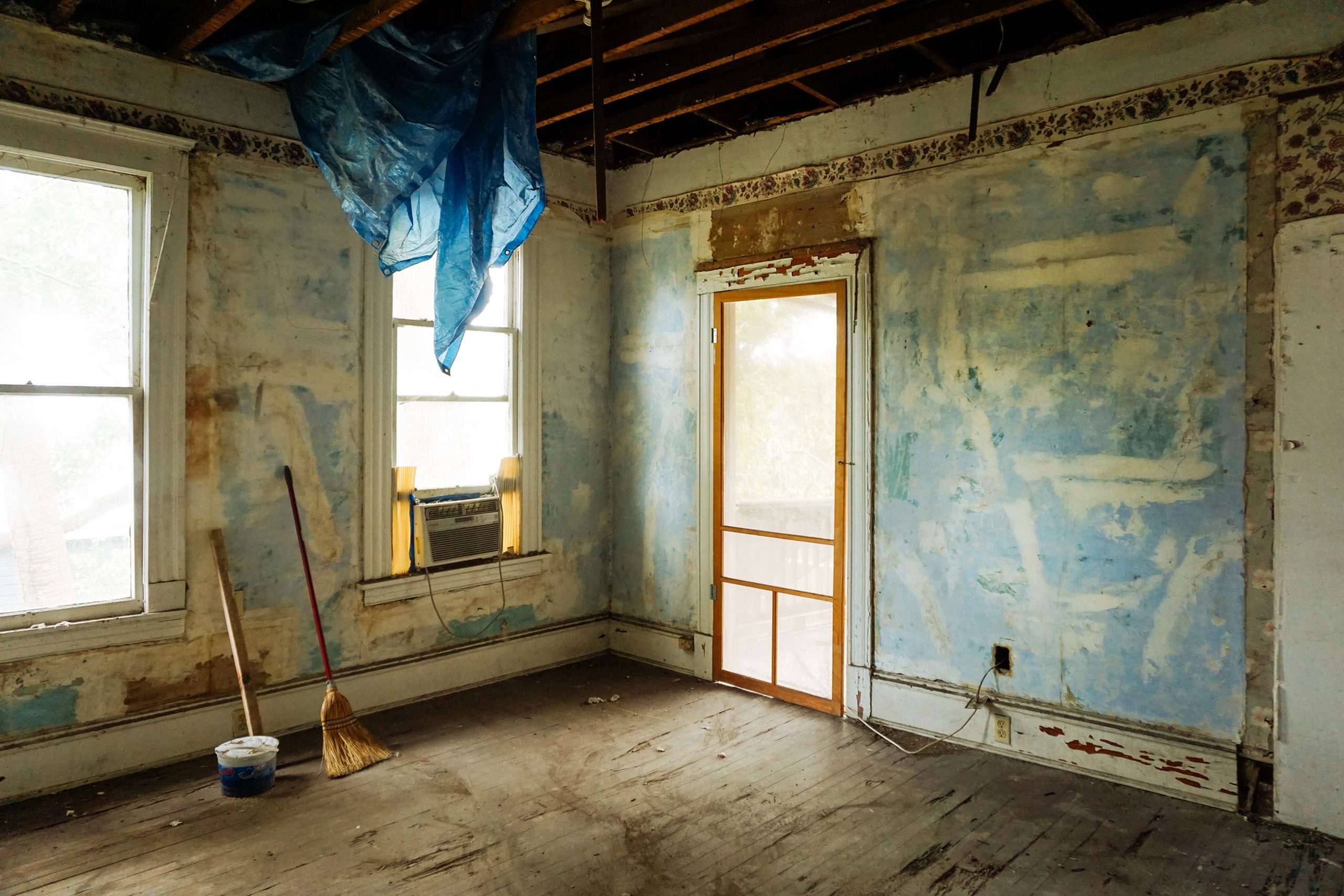During periods of vacancy, you’re likely taking the time to spruce up your property, make any necessary repairs, and find the perfect new tenant to sign a lease agreement with. While you’re getting ready for your next renter, however, it’s important to be aware of a potential issue that can occur when your property is vacant — squatters. This article will discuss what a squatter is and how to prevent squatters from taking over your property.
What Is a Squatter?
Squatters are individuals who are unlawfully occupying property that’s owned by someone else. In some cases, people who were previous tenants of a property will become squatters simply by staying after their lease agreement has expired.
However, some squatters were never official tenants of a property but took advantage of a vacancy between renters. Also, a roommate who wasn’t included in the lease agreement can be considered a squatter if the landlord becomes aware of them.
Squatters can be a massive inconvenience to landlords, especially if they’re causing damage to the property or refusing to leave. But squatters do have certain rights under housing laws, which means you’ll need to go through legal channels to eradicate them from your property.
How Do I Get Rid of a Squatter?
Squatting is not considered equal to trespassing under the law, which means it’s generally not handled by local police departments the way trespassing would be. If you find out that a squatter is staying on your property, you’ll likely have to serve them with an official eviction notice. This entire process can take months.
If you’re able to cite specific concerns relating to the squatter, such as community safety, health concerns, and building code violations, you may be able to speed up the eviction process.
However, if a squatter is able to occupy the property uninterrupted for a long enough period of time without being evicted, they may be able to acquire ownership legally.
How to Prevent Squatters
When you take the steps to prevent squatters from taking up residence on your property, you save a significant amount of time and money in legal trouble. Because there are a few different ways in which people can become squatters, there are multiple strategies you can use as a landlord to prevent squatters.

Change Your Locks After Move-Out
For the safety and comfort of your future tenants, you should always change the locks once a previous tenant is completely moved out. Even if they’ve relinquished their keys, they could have made copies that you aren’t aware of.
Changing your locks between tenants isn’t only important for ensuring your new tenant’s safety on the property; it’s also a crucial step in preventing previous tenants from becoming squatters or sharing the key copies they may have made with others.
Avoid Leaving Your Property Vacant for Long
Professional squatters know how to surveil properties, taking note of how often tenants move in and out and how long properties are typically vacant. The shorter you can keep the period of time between tenants the better you’ll be able to prevent squatters from taking up residence.
Check Up on the Property Regularly
It’s important for a landlord to keep tabs on their property while a tenant is living there to make sure they’re taking good care of the unit and following all of the rules of the lease. But those aren’t the only reasons; regular visits to the property are also a great way to prevent squatters.
Illegal roommates are some of the most common types of squatters, and they’re also the easiest to hide from landlords. If your tenants understand that you are regularly checking up on the property, they’ll be less likely to take the risk of hosting an illegal roommate or remaining on the property after their lease has legally ended.
Install a Security System
Though short vacancies between tenants are ideal, you may not always be able to find a suitable tenant on an expedited timeline after your previous tenant moves out.
If your property will need to stand vacant for any period of time, you can prevent squatters and be aware of any break-ins or trespassing by installing a security system. However, make sure your future tenants are aware of your security measures to avoid any legal issues.






